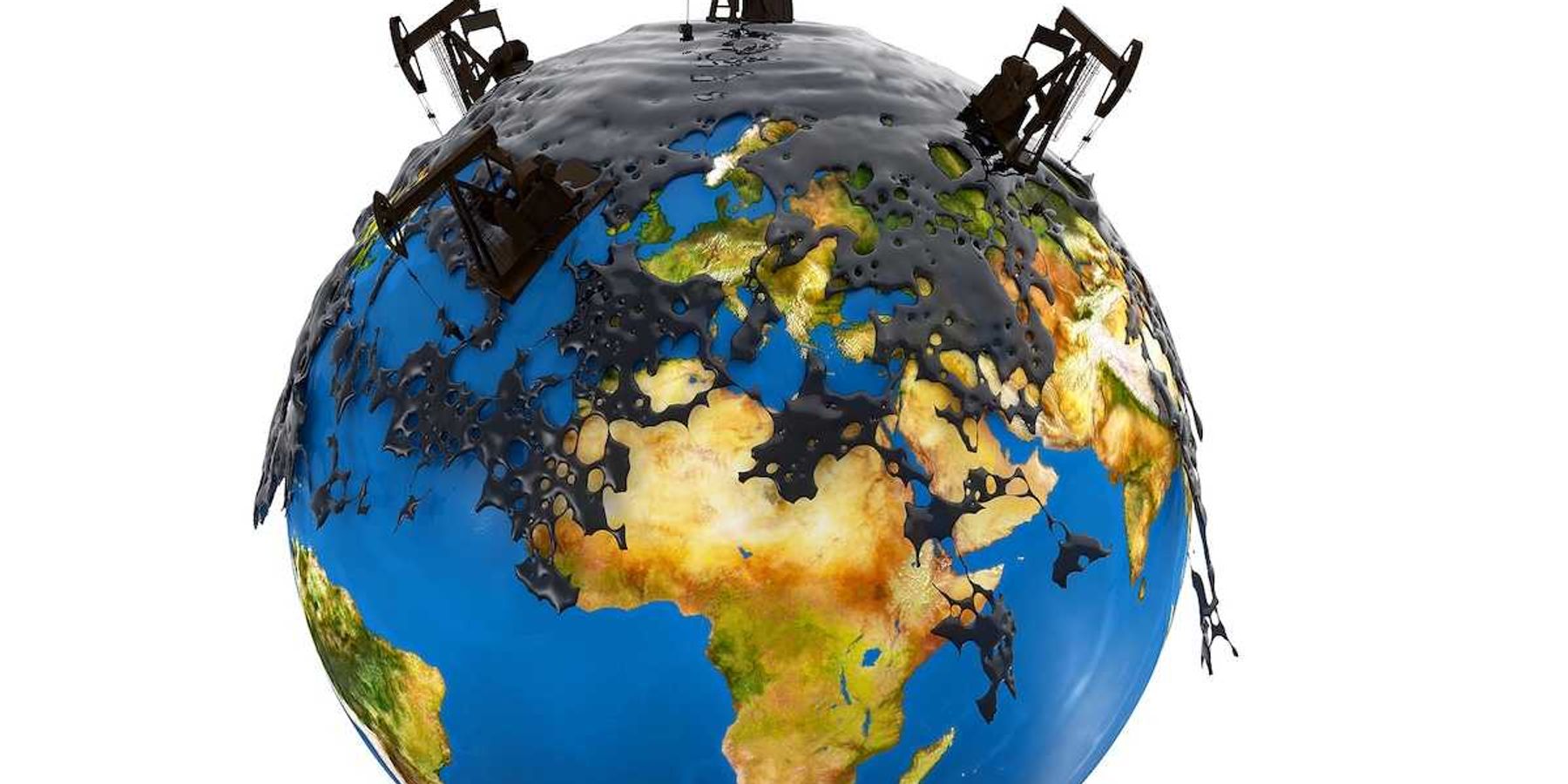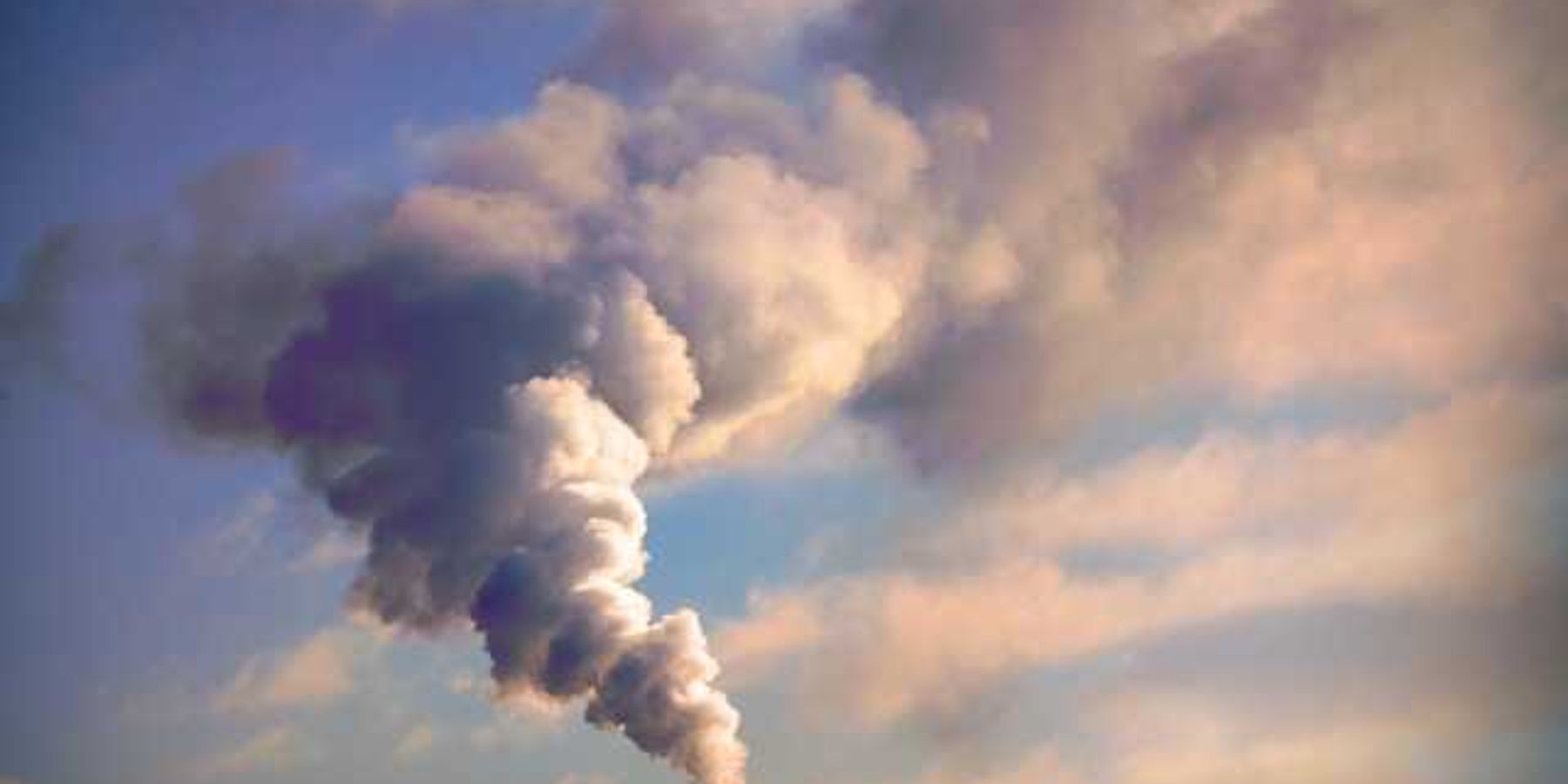Global sea ice reaches record low as Earth's poles continue to warm
The planet's sea ice has shrunk to its lowest recorded level in March, a sign of accelerating global warming driven by fossil fuel emissions.
Austyn Gaffney reports for The New York Times.
In short:
- NASA and the National Snow and Ice Data Center reported that global sea ice extent hit a record low this March, with enough missing ice to cover the U.S. east of the Mississippi River.
- Loss of sea ice not only reflects rising temperatures but also speeds warming through a feedback loop where dark ocean water absorbs more solar heat, melting more ice.
- Scientists warn that weakened sea ice affects global climate patterns, marine ecosystems, and Arctic communities, while research programs face cuts under the Trump administration.
Key quote:
“It’s like the heartbeat of the planet is slowing down. It’s not good.”
— Linette Boisvert, ice scientist at NASA’s Goddard Space Flight Center
Why this matters:
Sea ice, often overlooked in day-to-day headlines, plays a quiet but essential role in maintaining Earth’s climate stability. By reflecting solar radiation, it helps cool the planet, acting as a planetary thermostat. But in recent decades, that icy shield has been shrinking at alarming rates, particularly in the Arctic — where warming is happening nearly four times faster than the global average. The consequences reach far beyond the North Pole.
Read more: Rising sea levels accelerate faster than expected













